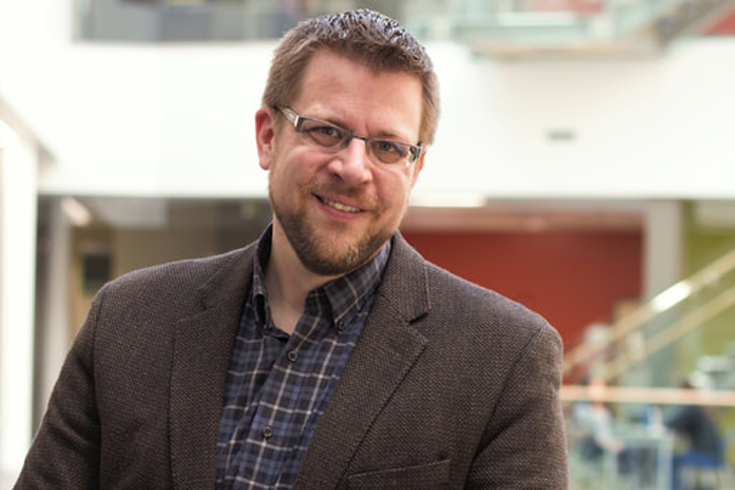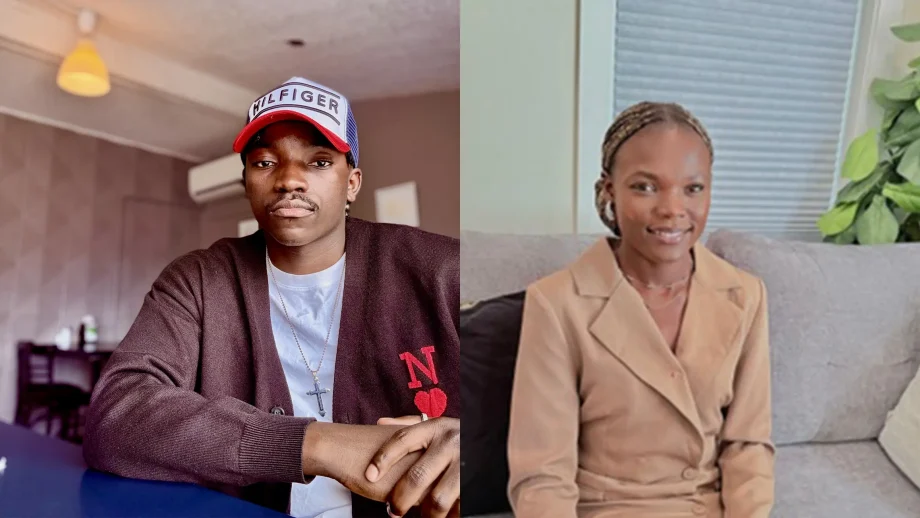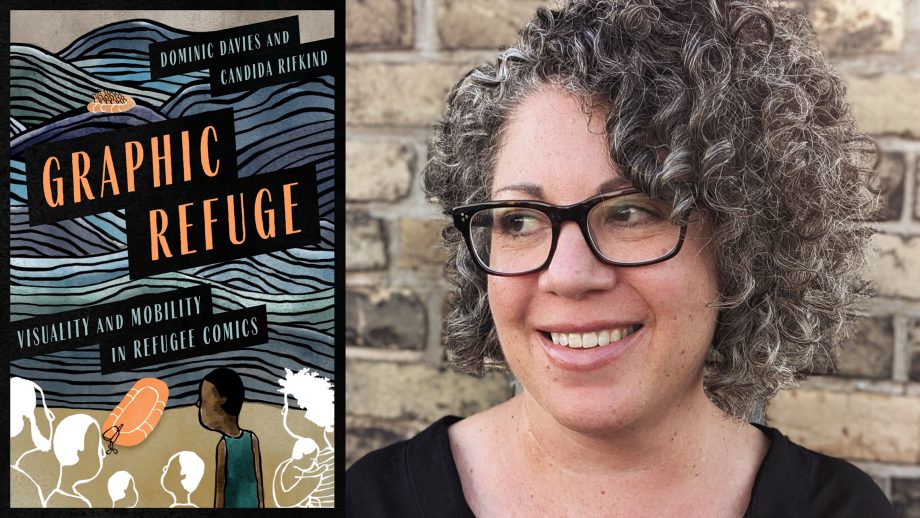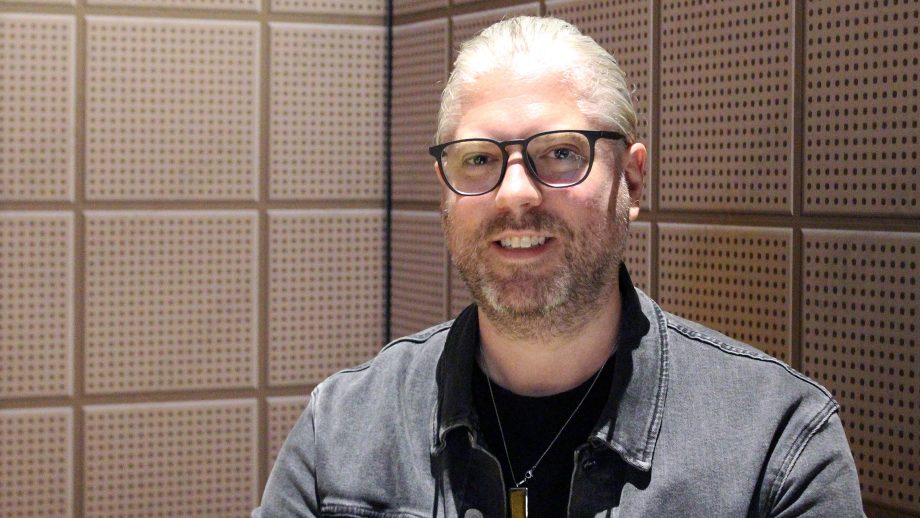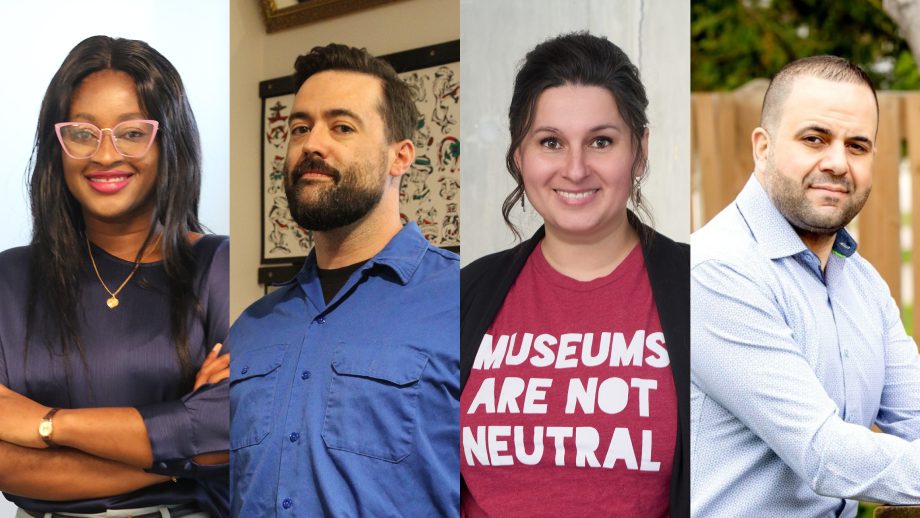Chemistry professor and Canada Research Chair, Dr. Chris Wiebe, will be at The University of Oxford September 21 – 25, an invited speaker at the 2019 Quantum Materials Symposium.
His talk, High pressure routes to new pyrochlores and exotic magnetism, is based on the recent discovery of an exotic new metal, the details of which are published by Wiebe and his Quantum Materials Group in the journal, Nature Quantum Materials.
Research in quantum materials is rapidly evolving, and this this symposium provides Wiebe with an invaluable opportunity to connect with an international network of researchers.
“As a chemist that makes new materials, I am always interested in seeing what new compounds other groups are making in the lab,” he said. “Conferences always leave me re-energized, and I am inspired by the work and enthusiasm of my colleagues”
Meetings like this are also a great way to get caught up on recent discoveries. The new knowledge Wiebe gains at the symposium can lead to inspiring new research discoveries.
“Progress is rarely made anymore by a single person working on a research project,” he said. “Research teams and collaborations are the norm now.”
He hopes to pass his passion for research on to the students in the thermodynamics and kinetics course he is teaching this fall.
“There is a strong connection between teaching and research,” he said. “The next generation of scientists are in our classrooms, and it is my job to get them excited about science.”
Wiebe is a Tier II Canada Research Chair (CRC) in Quantum Materials Discovery. His research explores how quantum materials can be used to develop electronics that are more affordable, power-efficient, and portable than ones currently available. Working out of UWinnipeg’s Prairie Research Institute for Materials and Energy (PRIME) lab, Wiebe’s team grows high quality, crystalized materials, and uses a process known as neutron scattering to study their interactions with each other. He will be heading back to the UK in 2020, to spend his sabbatical year as a Leverhulme Visiting Professor at the University of Edinburgh.

